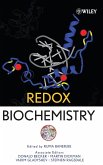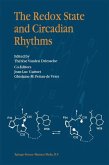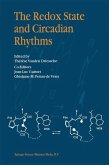The studies in this book demonstrated that increased oxidative stress in brain play a significant role in age-related cognitive impairment. Moreover, such increased oxidative stress leads to specific protein oxidation in the brain of cognitive impaired subject, thereby leading to cognitive function impairment. Moreover, the functional alterations of the proteins identified by proteomics in this book may leads to impaired metabolism, decline antioxidant system, and damaged synaptic communication. Ultimately, impairment of these processes lead to neuronal damages and cognitive decline. This book also show that several of the up- regulated and oxidized proteins in the brains of normal aging mice identified are known to be oxidized in neurodegenerative diseases as well, suggesting that the expression levels of certain proteins may increase as a compensatory response to oxidative stress. This compensation would allow for the maintenance of proper molecular functions in normal aging brains and protection against neurodegeneration.
Bitte wählen Sie Ihr Anliegen aus.
Rechnungen
Retourenschein anfordern
Bestellstatus
Storno








